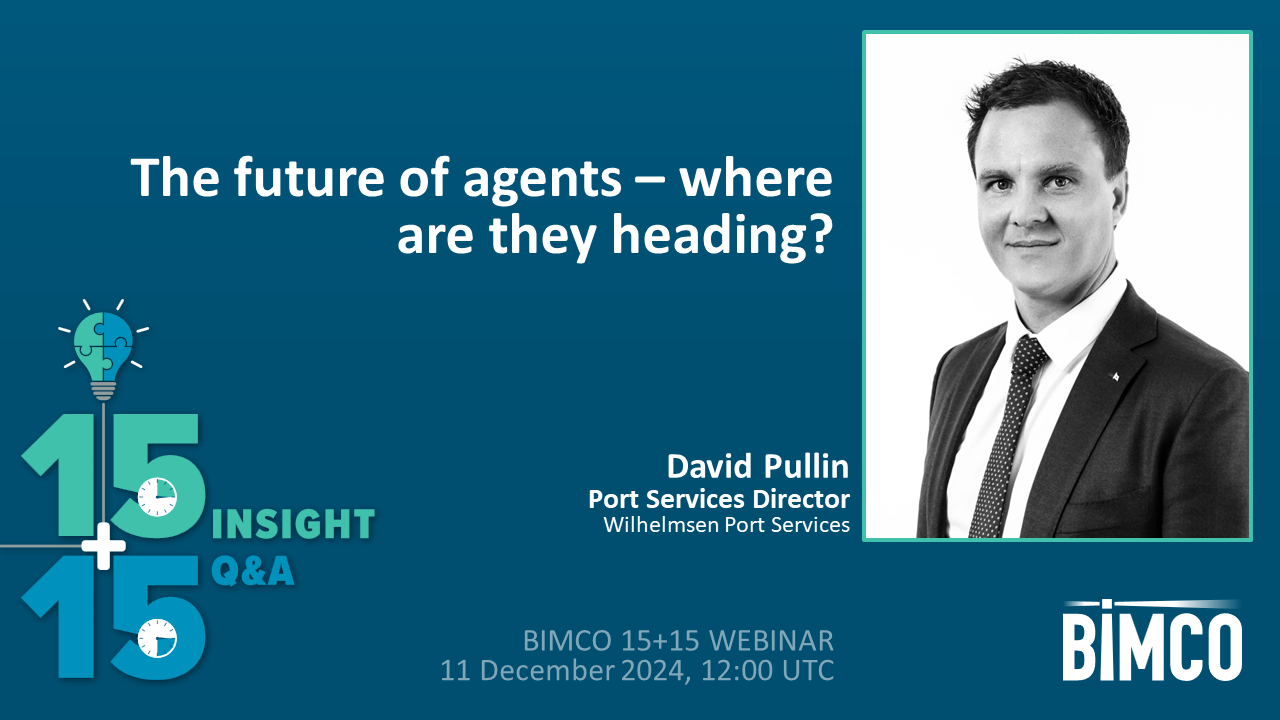Pest Alert – Brown Marmorated Stink Bug – Vessels Beware!
Overview
Seasonal measures introduced by Australia, New Zealand and Chile to combat marmorated stink bug risk.
Australian Brown marmorated Stink Bugs (BMSBs) requirements
BMSBs pose a high biosecurity risk to Australia. This is an invasive pest, native to Asia, and is highly capable of hitchhiking, highly mobile in nature and lack of effective lures. They can severely impact the Australian agricultural industries as well as a nuisance pest to homes, vehicles and factories, seeking shelter in these areas over the winter. They are more frequently found on goods arriving in Australia between September and April, coinciding with the late autumn and winter seasons in the northern hemisphere.
Due to the high risks posed by BMSBs, the Australian Department of Agriculture and Water Resources (DAWR) has introduced seasonal measures to manage these risks. These seasonal measures will apply between 1 September 2018 and 30 April 2019; both dates inclusive.
Vessels
Heightened surveillance on all roll-on/roll-off (ro-ro) and general cargo vessels through additional pre-arrival reporting with a BMSB questionnaire and daily checks conducted by vessel masters.
Target risk countries
Any target high risk or target risk goods manufactured in, or shipped from these countries are subject to the BMSB seasonal measures. Any vessel that tranships or loads goods from these countries are also subject to heightened vessel surveillance:
- United States of America
- Italy
- Germany
- France
- Russia
- Greece
- Hungary
- Romania
- Georgia
- Japan (heightened vessel surveillance will be the only measure applied).
Target high risk or target risk goods
Some goods manufactured in, or shipped from the target risk countries as sea cargo have been identified as target high risk or target risk goods. To view the list as well as how these goods should be subject to BMSB treatments, please click on this DAWR link here
Throughout the season, the measures based on detections of BMSB and the risk pathways would be continuously reviewed.
New Zealand BMSB requirements
For BMST requirements in New Zealand, please to the Biosecurity New Zealand website
Chilean BMSB requirements
Servicio Agricola y Ganadero (SAG) Resolution No. 971/2018 (Spanish only)
Members operating ships to Australia, New Zealand and Chile are urged to familiarise themselves of the above BMSB requirements and compliance.
Feedback or a question about this information?
VPS Bunker Alerts
Veritas Petroleum Services (VPS) publish regular Bunker Alerts based entirely on fuel samples and have kindly permitted BIMCO’s Members to access this information.
The Bunker Alerts are not intended to be an evaluation of overall bunker quality in the port or area concerned, but usually highlight a specific parameter within the fuel which has raised a quality issue.
Latest ice reports for members
Latest piracy reports
Latest industry releasable threats
ELSEWHERE ON BIMCO
Contracts & Clauses
All of BIMCO's most widely used contracts and clauses as well as advice on managing charters and business partners.
Learn about your cargo
For general guidance and information on cargo-related queries.
BIMCO Publications
Want to buy or download a BIMCO publication? Use the link to get access to the ballast water management guide, the ship master’s security manual and many other publications.
About a new business partner
We can help members check new business partners. We also help to recover millions of USD (undisputed) funds every year.





